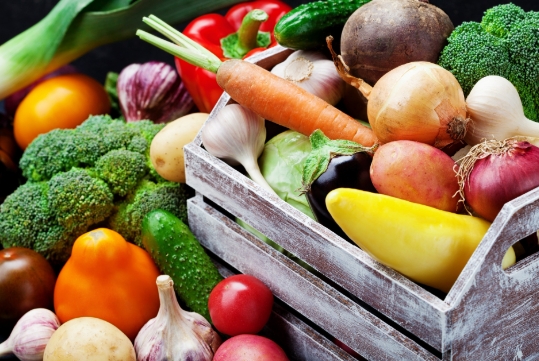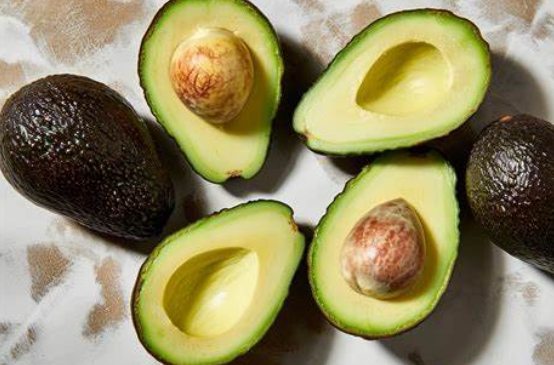When it comes to eating healthy, one of the best choices you can make is to consume fruits and vegetables that are in season. Seasonal produce not only tastes better but also offers numerous health benefits. Eating what’s in season means you’re getting fruits and vegetables at their peak of freshness, flavor, and nutritional value. Here’s why incorporating seasonal produce into your diet can improve your health, support the environment, and save you money.
One of the most obvious reasons to eat seasonal fruits and vegetables is their superior taste. Produce that’s in season is typically fresher because it doesn’t have to travel as far to reach the market. This means that the fruit or vegetable is picked at its ripest, ensuring a better flavor. Whether it’s the sweetness of a ripe summer peach or the earthy flavor of autumn squash, seasonal produce has a depth of flavor that often surpasses out-of-season alternatives.
Seasonal fruits and vegetables are often harvested at the peak of their nutrient content. When produce is in season, it is more likely to have been grown in optimal conditions, leading to a higher concentration of vitamins, minerals, and antioxidants. For example, strawberries in the spring are packed with vitamin C, while winter citrus fruits like oranges and grapefruits are full of immune-boosting nutrients. Eating fruits and vegetables when they’re in season ensures you’re getting the best nutritional value available.
By choosing seasonal produce, you’re supporting local farmers and promoting sustainable agriculture. In-season fruits and vegetables are typically grown locally, reducing the carbon footprint associated with transportation. This means you’re helping to support local economies and contribute to a more sustainable food system. Buying locally grown produce also helps maintain the biodiversity of farming systems and encourages the growth of crops that are suited to the local climate and environment.
Seasonal fruits and vegetables are usually more affordable than out-of-season produce. When a particular fruit or vegetable is in abundance, the price tends to drop, making it more accessible to consumers. On the other hand, out-of-season produce often has to be imported from far away, which increases its cost. By eating what’s in season, you can take advantage of lower prices, helping you save money while still enjoying a variety of fresh, healthy foods.
Eating seasonally encourages variety in your diet. As the seasons change, so does the variety of produce available, giving you the opportunity to try new fruits and vegetables that you might not typically include in your meals. For example, you might enjoy the juicy sweetness of summer berries or the hearty root vegetables that come with fall. This seasonal variety not only keeps your meals interesting but also ensures that you’re getting a broad range of nutrients throughout the year.
Seasonal eating is also better for the environment. Out-of-season produce often requires more resources to grow, such as additional water, fertilizers, and pesticides, especially if it’s being grown in regions that aren’t suited to the crop. On the other hand, seasonal produce that’s grown locally typically requires fewer resources and has a lower environmental impact. By choosing seasonal fruits and vegetables, you’re making a more sustainable choice for the planet.
Incorporating more seasonal produce into your diet is easier than you might think. Start by checking out your local farmers’ market or grocery store for in-season items. Most markets label their products by season, and many stores have sections dedicated to seasonal produce. If you’re not sure what’s in season, there are plenty of resources online to help you find out what fruits and vegetables are available during each time of year. You can also try joining a Community Supported Agriculture (CSA) program, where you can receive regular shipments of fresh, seasonal produce directly from local farms.
Eating seasonal fruits and vegetables is an easy and rewarding way to improve your diet and overall health. From better taste and higher nutritional value to supporting local agriculture and promoting environmental sustainability, the benefits of eating in season are clear. So, the next time you’re at the market, try to fill your cart with what’s fresh and in season—you’ll be doing your body, your wallet, and the planet a favor.





